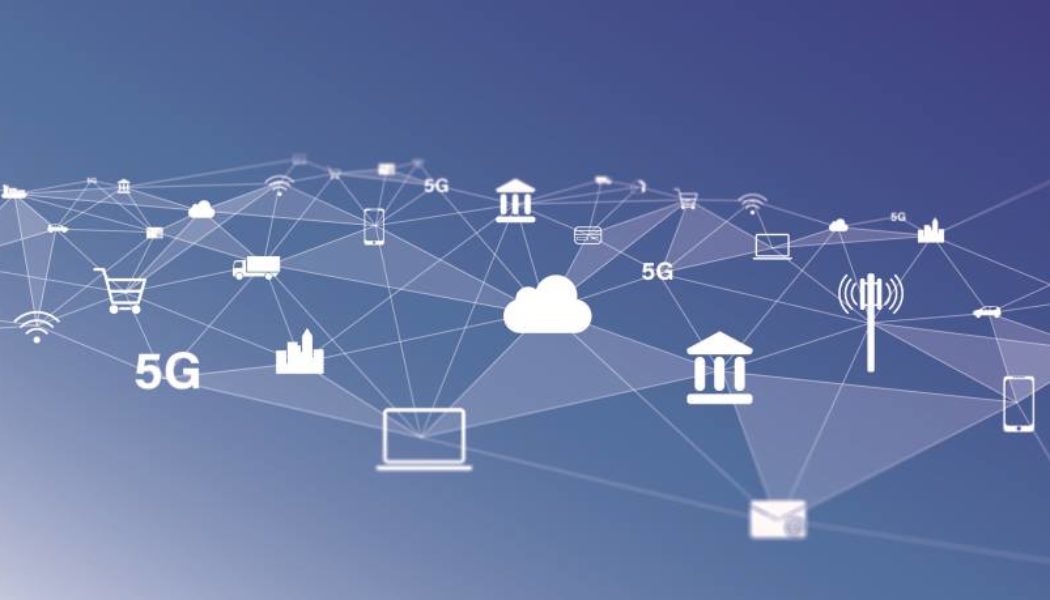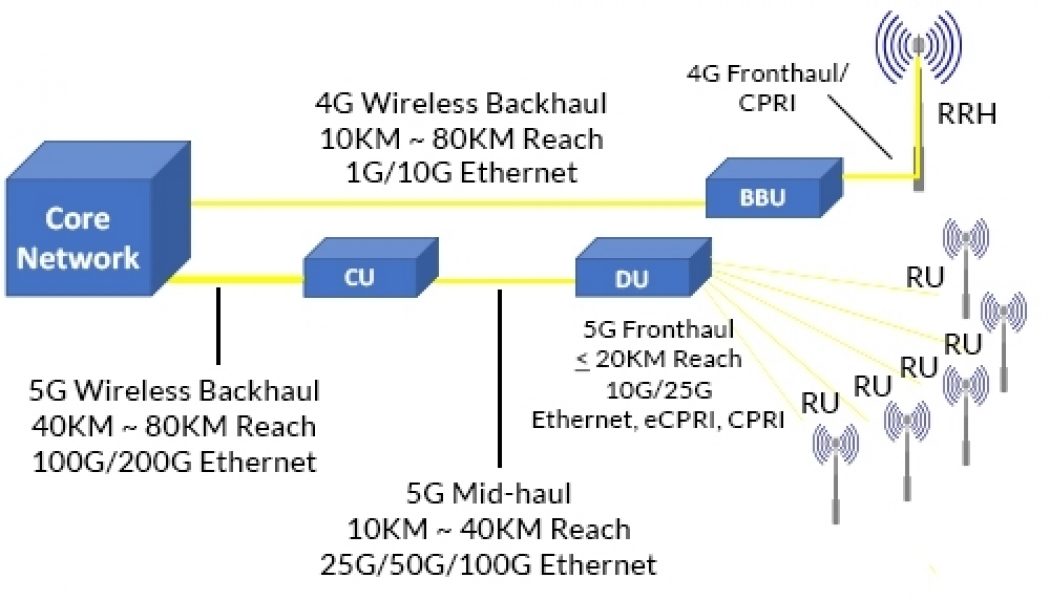ProLabs South Africa
More Fibre, Less Copper: ProLabs Assists Cable Operators in Upgrading HFC Networks
Image by Chaitawat Pawapoowadon, Pixabay. According to CableLabs, the organisation that created the standards for the Hybrid Fibre Copper (HFC) network used by all cable operators, networks need to use significantly more fibre and far less copper moving forward. CableLabs suggests that in the future, the ultimate cable network will not have any copper in it, except within the home or office. This is as reported in a blog entry by ProLabs, a global leader in optical networking infrastructure, which is focused on innovations in optical transport and connectivity. ProLabs is distributed in sub-Saharan Africa by Networks Unlimited and its solutions are used to enable copper and fibre connectivity for data centre and telecommunications projects in the ICT industry. “In countries where the theft...
ProLabs Explains Why 5G Mobile Networks are ‘Fibre Networks in Disguise’
Service providers are investing in 5G as it will deliver speeds approaching 10 gigabits per second. That is 600 times faster than standard 4G speeds, and more than 10 times faster than some residential fibre offerings. This is according to ProLabs, a global leader in optical networking infrastructure. The company notes that fibre optics have replaced copper for almost all links in the 5G networks used in delivering the required speed from the mobile antenna to consumers’ phones. Thus, “5G networks are really fibre optic networks with a short wireless connection at the end.” ProLabs is distributed in sub-Saharan Africa by value-added distributor, Networks Unlimited Africa. Craig Copeland, Networking and Storage Director at Networks Unlimited Africa, explains, “The fifth generation of mobile...
ProLabs and the ‘New 5G Backhaul Economy’
Marcel Fouché, Networking and Storage General Manager at Networks Unlimited Africa As we navigate our way through the COVID-19 pandemic, we are finding that economic and social survival is tied to the ability to work and play at a distance. If ever there was a time for a revolutionary new internet technology to take hold, now would seem to be that time. So says Raymond Hagen, Americas Product Manager at ProLabs, a global leader in optical networking infrastructure. He notes in a recent blog entry that: “Visionaries may state that 5G will offer access to new applications like artificial intelligence and smart city infrastructure that could define the next industrial revolution. Companies and countries failing to act now will find themselves left behind global and regional powers that a...
ProLabs Enables Networking Upgrades for Healthcare Industry
Technology is transforming the way people shop, bank and travel, and perhaps one of its next big challenges is to make major inroads into how they receive healthcare. But reports on progress in the area of healthcare and technology uptake are conflicting. According to global consultants McKinsey, based on their healthcare research released in 2019, “The adoption of digitally enabled tools for diagnosis, treatment, and management… has been modest”. On the other hand, German-based global consultancy firm Roland Berger, in the same year, released a study entitled “Future of Health: An industry goes digital – faster than expected”. According to the 2019 Roland Berger paper, in which 400 international healthcare experts were asked to predict the medium to long-term changes in healthcare, the he...
ProLabs Enables Campus Network Upgrades to Facilitate Online Learning
A number of key South African universities have reported good progress with online learning for their students since the COVID-19 pandemic resulted in the country’s lockdown situation. This is encouraging, as it means the wheels of learning are able to continue turning, but it also brings serious issues around data and bandwidth provision. So says Marcel Fouché, networking and storage general manager at value-added distributor, Networks Unlimited Africa. He explains, “Before the pandemic, growing data consumption meant that the demand for bandwidth had already resulted in a race between consumers’ appetites and providers’ best efforts to supply it. Today, as the world moves ever more swiftly into remote working and learning, the implications for bandwidth are more critical than ever.” “Uni...









